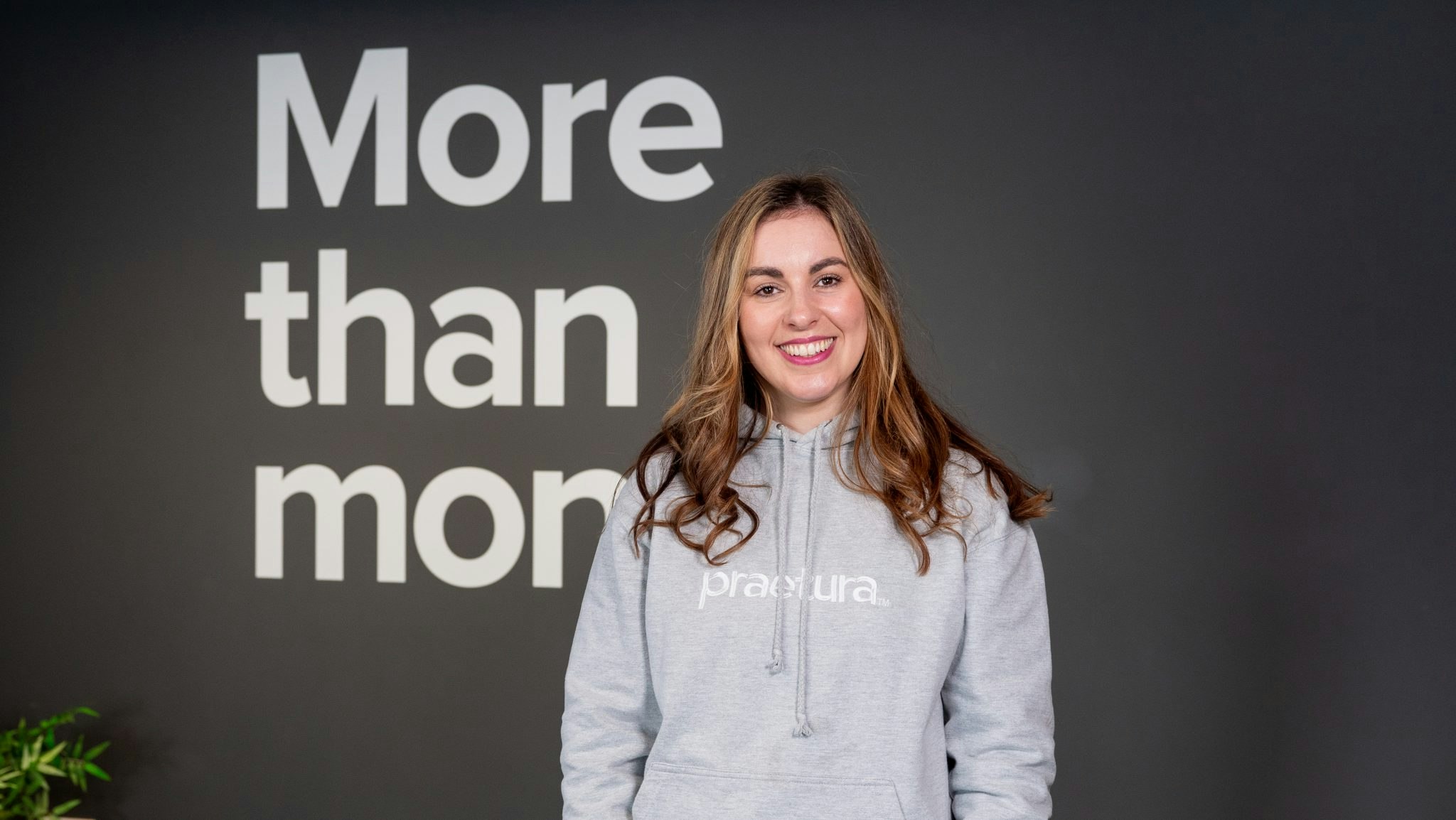The current venture market is fraught: investors have funnelled billions of euros into startups in recent years, but amid a drought of exits, VCs aren’t cashing out on their investments — and neither are their own investors.
It’s a conundrum that more firms are dealing with now, and one solution VCs have at their disposal is secondaries — where investors, founders and employees sell equity in private companies. Today London-based investment firm Launchbay Capital is announcing that it’s raised $25m, of a target $100m fund, to try and take advantage of what many in the VC industry think could become a booming secondaries market in 2024.
Launchbay (a rebranding from the previous name Digital Horizon) and its new fund will focus on providing liquidity for growth-stage venture-backed tech startups. Launchbay already has a direct investment platform enabling investors to access equity in private companies.
Secondaries are used by a variety of buyers and sellers; VCs take advantage of them to buy more stakes in portfolio companies to double down on their investments — or sell stakes in those not performing as expected or to get some liquidity. Limited partners (LPs) can also sell their stakes in VC funds, while employees might look to cash out of stock in their company.
Alan Vaksman, Launchbay’s founding partner, tells Sifted that the team aims to invest about 40% of the fund in companies outside of the US, with the biggest chunk of that being in Europe.
The new fund also hopes to exit its investments — returning capital to LPs — in four years. (Vaksman says they aim to return 3x in that time.) It will focus mostly on direct secondaries, or stakes in companies.
“We’ve seen the demand for shorter investment [times] in growth, and we’ve also seen a demand for more active management” of portfolios instead of “sitting and waiting,” Vaksman tells Sifted, adding that, in the post-2021 bubble era, “it was clear to us that something needs to change” — and that growth investors could no longer invest in late-stage companies and expect a public listing in the near future.
Vaksman says the firm has been raising the fund since October and plans to close in May. Launchbay’s LPs include asset managers and family offices, as well as fund of funds focused on secondaries, he says.
The firm has also built a platform that uses a variety of data inputs — like public financial documents and trading data — to determine companies’ share prices as accurately as possible, compared to just what two or three funds have valued the company, Vaksman says.
A ‘disproportionate amount of secondary activity in Europe’
Launchbay certainly isn’t the only firm angling to take advantage of the trend. For one, Geneva-based secondaries firm Giano Capital was raising a new fund last summer; meanwhile, numerous US-based firms have been raising billions in capital to buy up stakes in privately held companies.
Although more investors are looking into secondaries, European founders and VCs had been hesitant to sell stakes en masse amid a mismatch in prices last year — as founders have been eager to avoid a downround valuation, while VCs have been wary of buying up shares in anything but the top tier companies.
Things may be starting to pick up: one managing partner of a US-based secondaries-focused VC firm tells Sifted they have been in discussions with European firms and companies to buy stakes, adding that there is a “disproportionate amount of secondary activity in Europe compared to the relative number of firms and companies in each region”.
Glen Anderson, CEO of US-based Rainmaker Securities, which facilitates secondaries transactions for private companies, tells Sifted that overall “investor interest in the late-stage private stock market has increased substantially over the past six months”.
Heading into 2024, the average discount for companies on the secondary market has been at around 50%, Vaksman estimates; now, he wagers it’s heading down toward 25% to 30%. It's “driven a lot by AI,” he says, which has been trading at a premium.
Vaskman predicts that VCs looking to offload their stakes in companies to other investors will become more popular this year. In the US, “when the funds see that there is no extra 3x, 4x, or 5x that they need to sit [on for] an extra five, six years, they will offload that position, recycle the capital,” he says, whereas “in Europe, we don't see much... I think '24 is actually going to start changing [that] because people will be running out of choice”.
He also expects more employees at European companies will increasingly ask to cash out some of their shares in the latter half of this year.
At least, that’s what he’s hoping.


